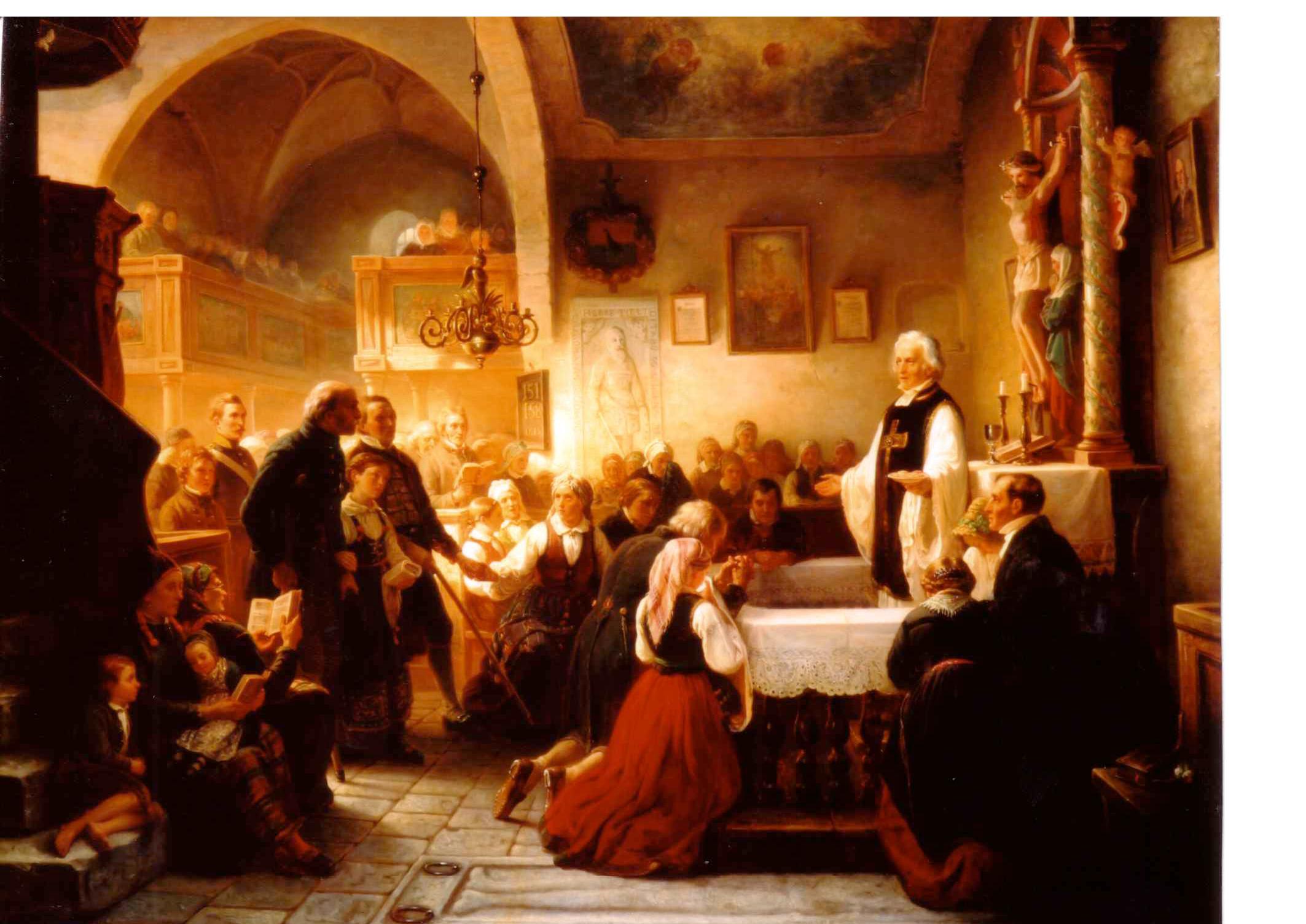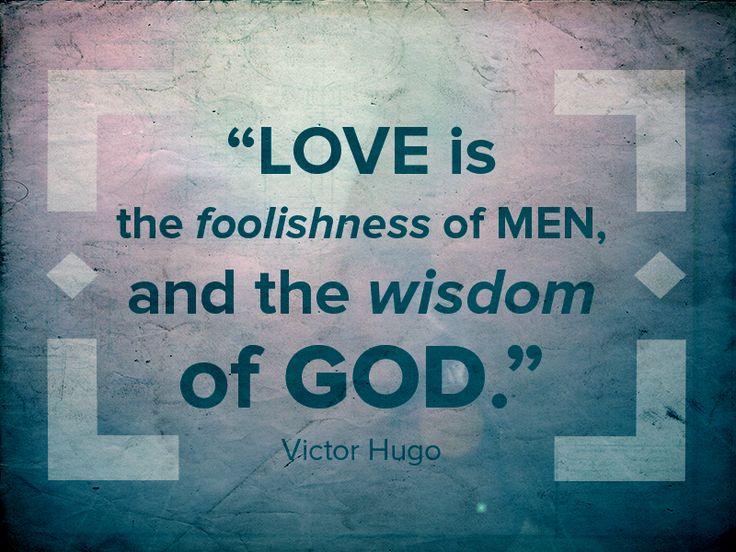
Lutheran Communion
I read in several works that Lutherans criticized the Reformed (Calvin and Zwingli) for basing their exegesis too much on modern Reason.
One website notes:
As to the other text concerning Christ’s ascension, Luther argues that Zwingli is too literal in his understanding of “right hand of God.” It refers not to some place in heaven but to God’s “almighty power” which makes it possible for Christ’s body to be present anywhere he chooses. Zwingli’s argument concerning the necessity of a body to be circumscribed by place and time Luther rejects as an offspring of that harlot, Reason.
https://www.christianhistoryinstitute.org/magazine/article/zwingli-and-luther/
Calvin's and Zwingli's belief were that since Jesus' body was up in heaven, it could not be in the bread, while Luther took the view that Christ's body and heaven were not circumscribed in some physical separate place, and thus Luther concluded that Christ could be in the Eucharistic bread:
[LUTHERAN FORMULA OF CONCORD]
"Secondly: That the right hand of God is everywhere; and that Christ, in respect of his humanity, is truly and in very deed seated thereat, and therefore as present governs, and has in his hand and under his feet, as the Scripture saith (Eph. 1:22), all things which are in heaven and on earth. At this right hand of God no other man, nor even any angel, but the Son of Mary alone, is seated, whence also he is able to effect those things which we have said.
[CALVIN'S INSTITUTES]
"(18) ... Though Christ withdrew his flesh from us, and with his body ascended to heaven, he sits at the right hand of the Father; that is, he reigns in power and majesty, and the glory of the Father. This kingdom is not limited by any intervals of space, nor circumscribed by any dimensions. Christ can exert his energy wherever he pleases, in earth and heaven, can manifest his presence by the exercise of his power, can always be present with his people, breathing into them his own life, can live in them, sustain, confirm, and invigorate them, and preserve them safe, just as if he were with them in the body, in fine, can feed them with his own body, communion with which he transfuses into them. After this manner, the body and blood of Christ are exhibited to us in the sacrament.
(19) The presence of Christ in the Supper we must hold to be such as neither affixes him to the element of bread, nor encloses him in bread...
Killian McDonnell writes in John Calvin, the Church, and the Eucharist:
https://books.google.com/books?id=ZTfWCgAAQBAJ&pg=PA208&lpg=PA208&dq=cavinism+OR+calvin+reason&source=bl&ots=YhqcT0NCIT&sig=_o0Jl-Gpo9thvpAjICMhbyL06so&hl=en&sa=X&ved=0ahUKEwijtYOjvvDKAhUFzRQKHc-aDe0Q6AEIhAEwEQ#v=onepage&q=cavinism OR calvin reason&f=false"Against [the Lutheran] Westphal, who had said that Calvin was so bound to reason as to be unable to grant to God other than a power proper to the order of nature, Calvin answered that his solution was also not without an element of the incredible: "There is nothing more incredible than that things severed and removed from one another by the whole space between heaven and earth should not only be connected across such a great distance..."
Would you know where we can find more information on how the Lutheran view of Calvinism or Zwingliism includes the idea that their Reformed position is too much reliant on Reason?
Nota Bene: The Lutheran Church and EO Church are in agreement that the bread itself in the Eucharist is in some real way Christ's body. However the EO Church does not take a clear, decisive position on whether the Catholic or Lutheran churches' more detailed definitions of this are correct.
Thank you!
Last edited:

